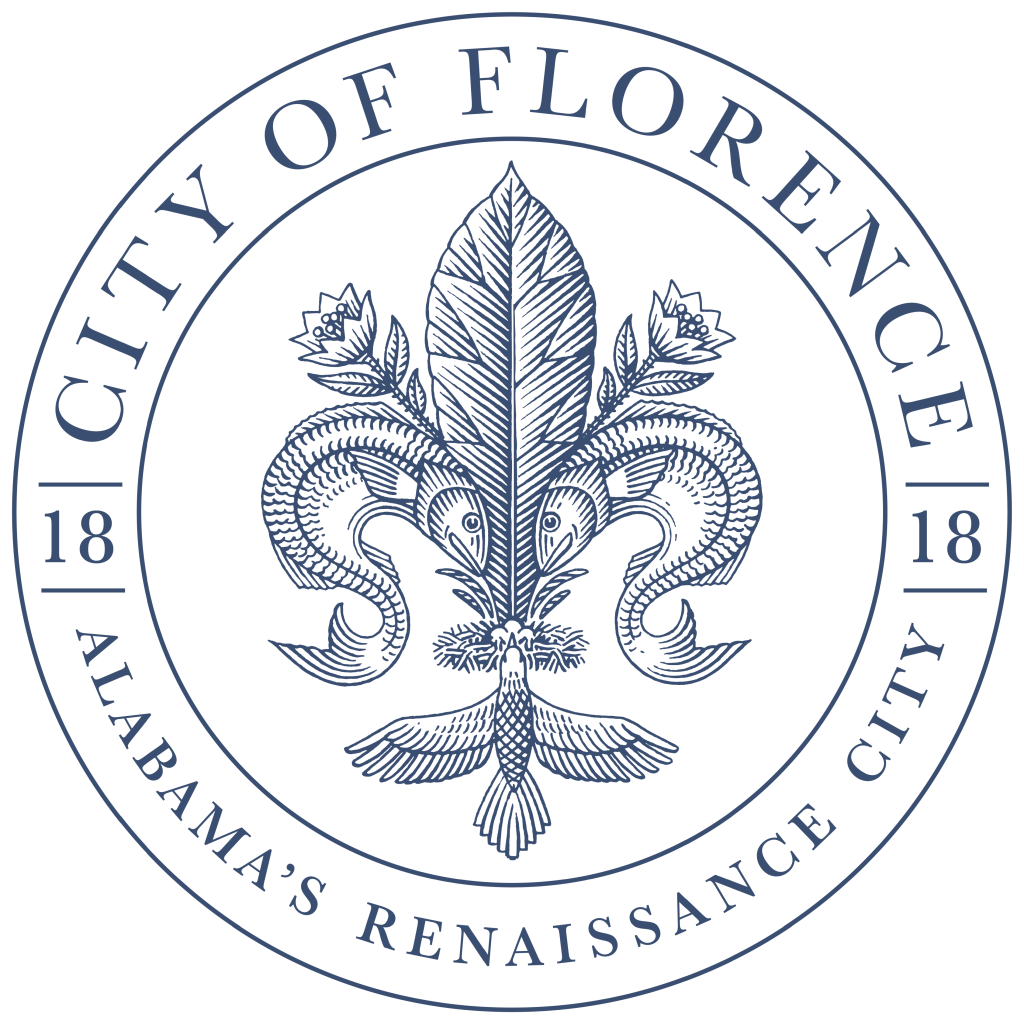Florence Comprehensive Plan
Comprehensive Planning
City governments provide many important services, but one function stands apart in its impact on future generations—the authority to engage in long-range, comprehensive planning. Comprehensive plans set forth a vision and goals for a city’s future and provide the foundation for land use regulation in the city. Whether new development, preservation, and creation of open space, or the redevelopment and revival of existing land, what a community will look like dozens of years from now depends on decisions made today.
What is a Comprehensive Plan?
City governments provide many important services, but one function stands apart in its impact on future generations—the authority to engage in long-range, comprehensive planning. Comprehensive plans set forth a vision and goals for a city’s future and provide the foundation for land use regulation in the city. Whether new development, preservation, and creation of open space, or the redevelopment and revival of existing land, what a community will look like dozens of years from now depends on decisions made today.
What is a Comprehensive Plan?
A comprehensive plan is an expression of the community’s vision for the future and a strategic map to achieve that vision. It is a very important tool for cities to guide future development of land while:
- Preserving important natural resources, agricultural land, and other open lands
- Creating the opportunity for residents to participate in guiding a community’s future
- Identifying issues, staying ahead of trends, and accommodating change
- Ensuring that growth makes the community better, not just bigger
- Fostering sustainable economic development
- Providing more efficient and cost-effective infrastructure and public services
- Measuring future implications of today’s decisions
- Protecting property rights and values
- Enabling other public and private entities to plan their activities in harmony with the municipality’s plans
Yes, in Alabama, municipalities carrying out planning programs are required by State Code to prepare and implement a comprehensive plan. The law also requires City’s to actively consult the plan, periodically review it for consistency with current policies and practices, and recommend amendments whenever necessary. State law provides that comprehensive plans should be implemented through zoning and subdivision regulations, coordinated public improvements and city services, and a capital improvements program.
Why is Comprehensive Planning important?
Comprehensive Planning provides the policy framework for managing change. The comprehensive planning process helps communities identify issues before they arise, stay ahead of trends in land use development and redevelopment, and anticipate and navigate changes in populations and land use patterns. We need comprehensive planning because:
- City regeneration initiatives are generally long-term propositions
- Acts as a consistent frame of reference for private sector investment.
- Define public, semiprivate, and private spaces and public amenities important to citizens
- Determine the mix of uses and their physical relationship
- Develop phasing and implementation schedules and identify priorities for action
- Engage the local community and act as a builder of consensus.
- Proactively: Cities manage change by planning for it and communities get what they want.
- Reactively: Cities allow haphazard change and communities take what they get.
In developing comprehensive plans, cities use professionals to guide citizens through the planning process which is best described as a three-step process:
- A community takes stock of where it is today.
- The community generates a shared vision and goals for what the city will be like in the future.
- The city develops a set of specific strategies and policies to achieve that vision over time.
Planning and Community Development Contact Details
(256) 740-8806
Address:
110 West College St. Florence, AL 35630
Office Hours:
Monday - Friday
8:00 a.m. - 5:00 p.m.
Saturday - Sunday: Closed

